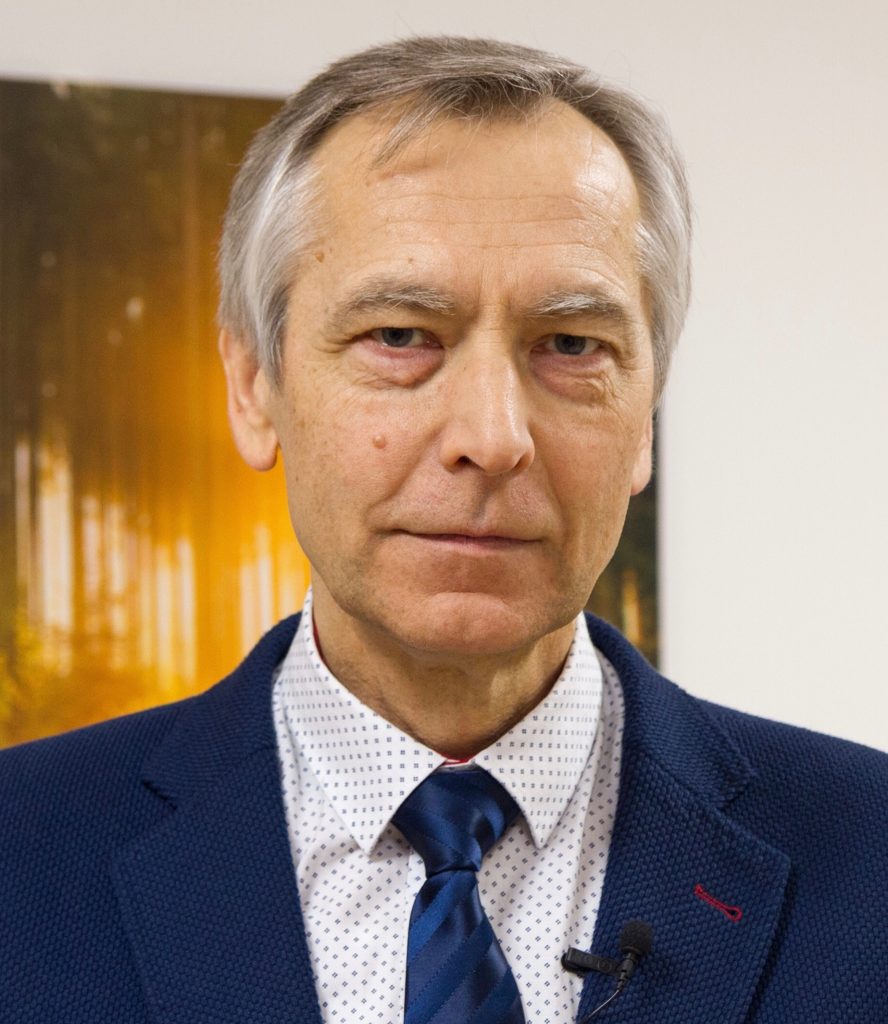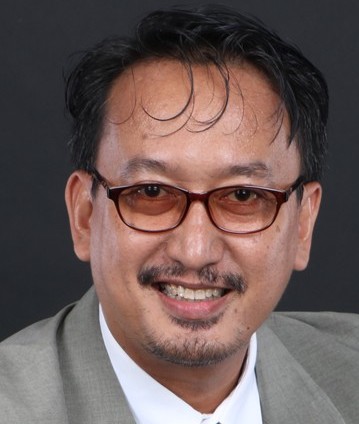The Strong and Deep Nexus Between Human Dignity and Religious Freedom

Ján Figeľ is the former European Union commissioner and special envoy for the promotion of freedom of religion or belief outside the European Union.
Peace is a fruit of justice. The core of justice is based on respect of fundamental human rights. And the foundational principle of human rights is dignity.
Today, the agenda of human rights is hijacked by various groups representing ideologies, violent extremism, or ethical relativism. We also tend to forget or neglect our human duties towards the other and towards society. These actions and inactions inevitably lead to contention and conflict. In order to make our era more peaceful and humane, we must return to the original meaning of key documents and definitions on the subject of human dignity.

